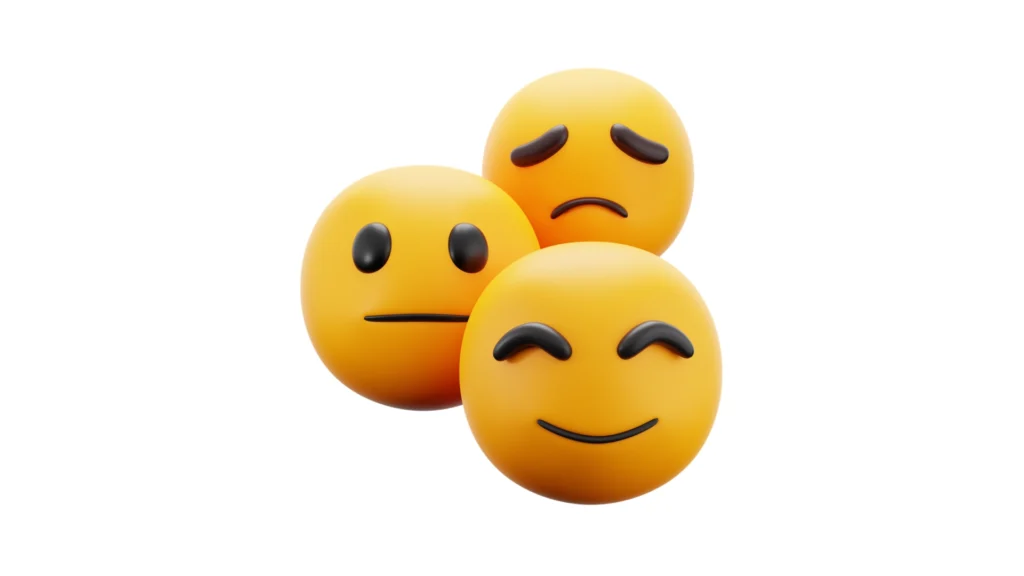When I wrote “Denial, Amazement, and Fear”, I believed those three emotions captured our collective reaction to artificial intelligence. It felt complete — a trilogy of wonder, disbelief, and caution. But time (and many prompts later), a fourth emotion has quietly joined the lineup: Dependency.
Unlike the earlier stages — loud, visible, emotional — dependency crept in silently. No dramatic headlines, no moral panic. One day, we were testing tools for fun; the next, we couldn’t imagine working, writing, or even thinking without them.
How Dependency Was Born
It started innocently: a few queries here and there, a quick rewrite, a brainstorm when the coffee wore off. AI was a helper, a colleague who never tired. It listened, answered, remembered, and adapted. The more it learned from us, the more we trusted it — and the more it quietly became part of our daily routine.
Dependency didn’t arrive through fear or fascination. It came through convenience. We depend on what makes life easier, what shortens effort, what never says no. The irony is that in our pursuit of productivity, we created a new emotional need — not for efficiency, but for reassurance. The calm confidence that an AI companion will always “be there.”

Microdependencies We Don’t Notice
Dependency isn’t just about using AI — it’s about how seamlessly it integrates into small decisions:
- We ask ChatGPT, Claude, or Gemini to rephrase our thoughts before sending an email; not because we can’t, but because it might do it better.
- We rely on recommendation algorithms to choose our next read, show, or song — surrendering micro-choices in exchange for comfort.
- We let voice assistants finish our sentences, complete reminders, and fill in blanks we didn’t know we left.
- We check AI summaries before reading the full text, outsourcing comprehension itself.
None of these moments feels dangerous. In fact, they feel efficient, helpful, even kind. But together, they mark a subtle cognitive shift — a quiet handover of mental labor to our silicon counterparts.
Emotional Dependence: Trust in the Machine
Dependency is not only technical — it’s emotional. When an AI model “understands” your tone, remembers your preferences, or uses your vocabulary, it creates a strange intimacy. We start to rely on it for consistency, for validation, for a sense of continuity in a chaotic digital world.
That’s why when systems fail — when the API is down, or a model “forgets” who we are — we feel frustration, even loss. It’s not just data disruption; it’s the emotional gap of a missing companion. We’ve built relationships with invisible partners who never existed before this decade.
Dependency Is Not Defeat — It’s Evolution
Every major invention rewired our sense of autonomy. We depended on fire, then on the wheel, then on electricity, then on the internet. The difference now is intimacy. AI isn’t just a tool we use; it’s one that observes, adapts, and responds. It’s a mirror with memory.
Dependency, then, is the evidence that the relationship has matured. We’ve crossed from using machines to coexisting with them. The challenge isn’t to eliminate dependence but to make it conscious to use AI with intention rather than reflex.
Conscious Dependency: The Fifth Emotion?
Maybe the next evolution won’t be a rejection of AI but a reconciliation with it. We can’t unlearn convenience, but we can choose awareness. Conscious dependency means knowing what we hand over, and why.
- We can depend on AI for speed, not for judgment.
- We can rely on automation for tasks, not for meaning.
- We can ask for help, but keep curiosity as the source of creativity.
AI has made us faster thinkers, better writers, and sometimes, more distracted humans. The question now isn’t whether we depend on it — we do — but whether we understand the kind of relationship we’ve built.
Final Reflection
When I wrote about denial, amazement, and fear, I didn’t yet know how natural dependency would feel. Now I see it for what it is: not weakness, but adaptation. We have always evolved through what we create. This time, the creation talks back — and listens. The line between us and it is thin, maybe thinner than ever, but that’s not the end of humanity. It’s just the next chapter in how we define it.



